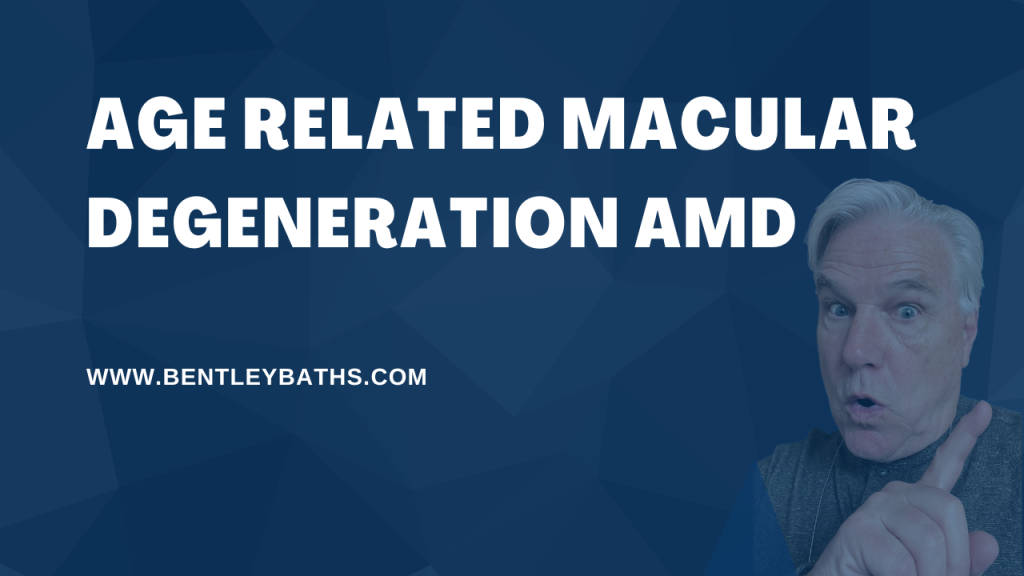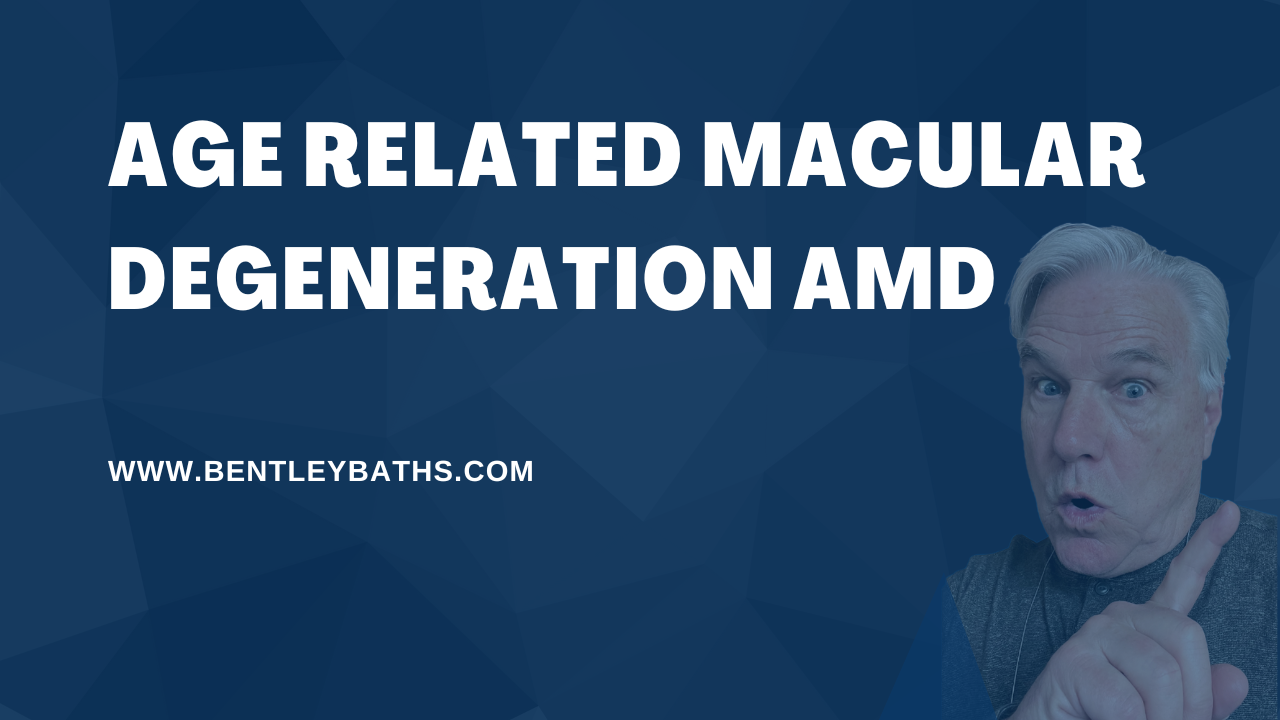Understanding Age-Related Macular Degeneration (AMD): Causes, Symptoms, and Treatments

Millions of individuals throughout the world suffer from Age-related Macular Degeneration (AMD), a degenerative eye ailment that is most common in those over 50. It is one of the main reasons why elderly folks lose their vision. The purpose of this article is to educate readers on AMD, including its causes, signs, and therapies.
Causes of Age-Related Macular Degeneration
While the exact cause of AMD is not yet fully understood, several factors contribute to its development. Genetics plays a significant role, with individuals having a family history of AMD being more prone to the condition. Other risk factors include smoking, obesity, high blood pressure, and a diet lacking essential nutrients like vitamins C and E, zinc, and omega-3 fatty acids.
Types of Age-Related Macular Degeneration
There are two primary types of AMD
- Dry AMD: It occurs when small yellow deposits called drusen accumulate in the macula, the central part of the retina responsible for sharp central vision. Over time, the macula thins and loses its function, leading to gradual vision loss.
- Wet AMD: It is characterized by the growth of abnormal blood vessels beneath the macula. These vessels are fragile and prone to leakage, causing rapid and significant vision loss. If left untreated, wet AMD can lead to permanent damage to the macula.
Early detection and timely intervention are crucial for treating wet AMD through injections or laser therapy. However, there are no effective medications available yet for treating dry AMD except preventive measures like taking high doses of vitamins/minerals supplements with a healthy diet and regular eye exams.
Symptoms of Age-Related Macular Degeneration
In the early stages, AMD may be asymptomatic. However, as the condition progresses, individuals may experience the following symptoms:
- Blurred or distorted central vision: Straight lines may appear wavy, and objects in the center of the visual field may appear blurry.
- Reduced color perception: Colors may appear less vibrant or faded.
- Difficulty reading or performing tasks that require detailed vision: Reading small print or recognizing faces becomes challenging.
- Dark or empty areas in the central vision: A blind spot or a dark patch may develop in the central visual field.
Treatment Options for Age-Related Macular Degeneration
While there is currently no cure for AMD, early detection and intervention can help slow down the progression of the disease and preserve vision. The treatment options for AMD vary depending on the type and severity of the condition:
- Dry AMD management: For dry AMD, lifestyle modifications play a crucial role. Quitting smoking, maintaining a healthy weight, and consuming a nutrient-rich diet can help reduce the risk of progression. Regular eye exams are essential to monitor any changes and discuss potential treatments.
- Wet AMD treatments: Wet AMD requires more aggressive management. Anti-VEGF injections are the most common form of treatment. These medications are injected into the eye to inhibit the growth of abnormal blood vessels and prevent further damage to the macula. Photodynamic therapy and laser surgery may also be used in specific cases.
Prevention and Lifestyle Tips
While certain risk factors like age and genetics cannot be controlled, there are steps individuals can take to reduce their risk or slow down the progression of AMD:
- Eat a healthy diet: Incorporate leafy green vegetables, fish, fruits, and whole grains into your diet. These foods are rich in antioxidants and essential nutrients beneficial for eye health.
- Protect your eyes from sunlight: Wear sunglasses with UV protection and wide-brimmed hats when outdoors.
- Don’t smoke: Smoking significantly increases the risk of developing AMD and can accelerate its progression.
- Exercise regularly: Regular physical activity promotes overall health, including eye health.
Age-related macular degeneration is a common eye condition that affects older adults. While it can lead to significant vision loss, early detection, lifestyle modifications, and appropriate treatments can help slow down its progression and preserve vision. Regular eye exams and adopting a healthy lifestyle are essential for maintaining optimal eye health and reducing the risk of developing AMD. If you experience any changes in your vision, consult an eye care professional promptly for proper evaluation and guidance.









